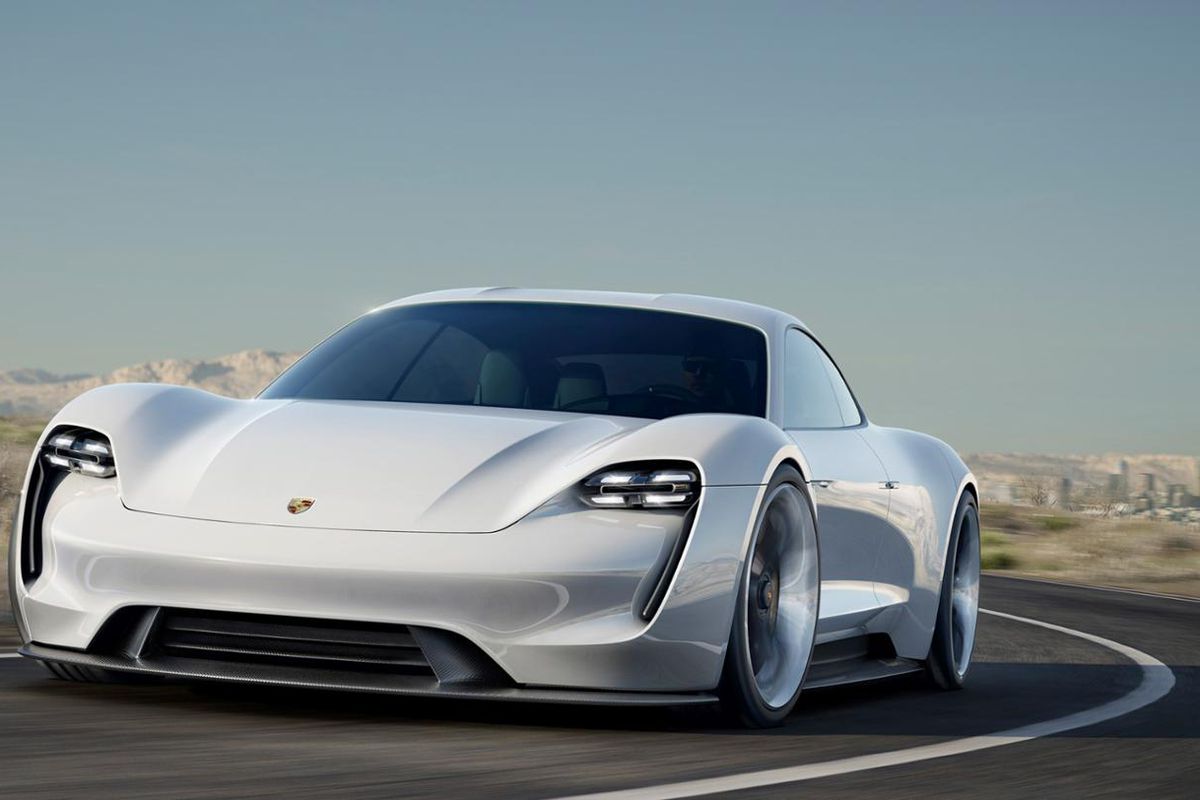As electric cars gain popularity in the pursuit of sustainable transportation, it’s important to acknowledge that they come with their own set of disadvantages.

While electric vehicles (EVs) offer numerous benefits, it’s essential to be aware of the potential drawbacks.
Here are ten lesser-known disadvantages of electric cars that you may not be aware of:
- Limited Driving Range: Compared to traditional gas-powered vehicles, EVs generally have a more limited driving range. While newer models are improving, the need for frequent charging remains a concern, particularly for long-distance travel.
- Charging Infrastructure Challenges: The charging infrastructure for electric cars is still developing, with varying availability across different regions. Lack of charging stations can pose challenges, especially in rural areas or during long trips.
- Extended Charging Time: Charging an electric vehicle takes significantly longer than refueling a gas-powered car. Even with fast-charging options, the time required for a full charge is considerably longer than a quick stop at a gas station.
- Battery Degradation and Lifespan: Electric car batteries degrade over time, resulting in decreased driving range. Replacement batteries can be expensive, and the overall lifespan of an electric vehicle battery pack is still a topic of discussion.
- Higher Upfront Cost: Electric cars generally have a higher upfront cost compared to conventional vehicles. Although long-term savings may offset this initial investment, the higher price tag remains a deterrent for some potential buyers.
- Limited Model Variety: While the selection of electric car models is growing, it still pales in comparison to the extensive range of traditional gasoline-powered vehicles. This limited variety may restrict options for consumers with specific preferences or requirements.
- Dependency on Charging Infrastructure: Owning an electric car requires access to a reliable charging infrastructure. For those without access to private charging facilities, relying on public charging stations can be inconvenient, especially during peak usage times.
- Environmental Impact of Battery Production: Electric vehicle batteries require the extraction and processing of rare earth metals, which can have negative environmental consequences. The production and disposal of these batteries contribute to the overall carbon footprint of electric cars.
- Limited Availability of Used EVs: The used electric car market is still relatively small compared to traditional used car markets. Limited availability and potentially higher prices for used EVs may make them less accessible for budget-conscious buyers.
- Impact on Power Grid: Widespread adoption of electric vehicles could strain existing power grids, particularly during peak charging times. Upgrading infrastructure to support increased electricity demand poses challenges for utility companies.
While electric cars offer numerous environmental benefits and are paving the way for a greener future, it’s important to consider the potential disadvantages.
Limited driving range, charging infrastructure challenges, longer charging times, battery degradation, higher upfront costs, and dependency on charging facilities are some key factors that should be taken into account.
Additionally, the environmental impact of battery production, limited model variety, availability of used EVs, and the strain on power grids are important considerations for both consumers and policymakers alike.
As the industry continues to evolve, addressing and mitigating these challenges will be crucial for the widespread adoption of electric vehicles and the transition to a sustainable transportation system.














